You’re on stage in front of 20,000 people. Millions more watch from their homes. You’re lining up a shot that could win you the best part of a million dollars. Do you feel the pressure? Naturally. But many of the young people who take part in the biggest esports tournaments across the world aren’t equipped to deal with this pressure, and the companies that run them rarely offer help. Apex Legends is changing that.
Nana Osuwu is a mental health clinician by trade. A registered mental health nurse and cognitive behavioural therapist, she was pointed towards the charity Rise Above Disorder, which needed an on-site mental health specialist to support players at an EA tournament.
Rise Above Disorder is a community-funded mental health charity that has helped tens of thousands of people since its inception as a World of Warcraft guild.
After supporting FIFA, Osuwu was asked back to create a Calm Room for Apex Legends tournaments, too. But initially, players weren’t receptive to the idea.
“There wasn’t much use of the Calm Room with Apex in the beginning,” she says. “But over the years, having been a familiar face for the players has developed that trust.”
On Wednesday, the first day of the ALGS Championship in Sapporo, Osuwu had 19 players visit her, something which has “never happened” before, especially not in the early stages of the competition.
What Is A Calm Room And How Does It Help?
Osuwu’s Calm Room has low lighting, plants, and a table covered with bits and pieces. Sand timers help players with anxiety, Osuwu tells me, whereas other players spend their time popping the rubber fidget tools – think repoppable bubble wrap – or fiddling with long, segmented snake-like toys. There are little cards and stress balls with affirmations written on them. All of the players are free to take these with them, and many do. There are water and snacks and calming music — anything to make this room a calming space away from the energised bustle of the rest of the arena.
“Sometimes I move from being the mental health specialist therapy to the maternal.”
The longer Osuwu has run her Calm Room, the more she has learned about the players’ needs, what they are often seeking help with, and what to look out for. She’s fed back to EA about what her room needs – the original was far too bright, for example – and she makes sure to be seen among the players in their areas of the arena and hotel so that they always know she’s there if they need her.
And while she’s learned a little about the esport – she knows to look out for players on the verge of elimination, for example – the problems that players have are not uncommon from her experiences in other mental health services.
“For some, they have anxiety,” Osuwu says. “Some are on the [autistic] spectrum, diagnosed and undiagnosed; that comes with a lot of issues in itself. And with Apex being a team game, I’ve picked up the dynamic issues between their teams [that result from a] lack of understanding of particular mental health needs or people who are on the spectrum and how they communicate or how they don’t communicate.
“There’s language barriers. And with all of that, that brings its own pressures, anxiety, stress, different emotions, anger, frustration. So actually breaking it down to the players in terms of the Calm Room and my presence, it’s to help them talk through and think through how they overcome that and think about strategies and skills they can use to work as a team and to better understand each other and to empathise and to validate each other’s feelings and emotions.”
Many players come to her with other problems, too. These players have to deal with sponsorship deals, managing finances, fan interactions, and much more. Remember, the average age of players at this year’s ALGS Championship is just 23 years and 54 days, and some of these young people will be given $200,000 by the end of the week. But Osuwu’s service is not just for the players and coaches.
“I’m just doing that basic psychoeducation around physical health and mental health, and connecting those two.”
“There’s been relationship issues with their fan girls,” she explains. ”Over the last year and a half, I’ve had some of the partners actually use the Calm Room because of bust ups that happened. Relationships, too: [players have] come into the Calm Room with stress because they feel their partners are causing them stress.
“They’re quite young, so sometimes I move from being the mental health specialist therapy to the maternal – [I’ve got] children their age and older. So I’m providing them with practical therapeutic skill strategies, resources, and signposting them back to Rise Above Disorder, which has been fantastic.”
The Impact On Players
Osuwu sees different players at different times to help with different issues. Some introverted players use the room as a way to mentally prepare for a signing session where they have to meet and greet fans. Others use it as a ‘secret weapon’ to relax before a match. She’s had players ask for advice on how to deal with performing in front of such an enormous crowd, and others don’t talk to her at all, instead using the Calm Room as a quiet space to mentally prepare.
Whatever the issue, she reminds players of the fundamentals of self-care as well as offering more specialist advice.
“We always forget Maslow’s hierarchy of basic needs,” she says. “If you’re not fed, watered, how is your body going to rest and sleep and repair? So I’m just doing that basic psychoeducation around physical health and mental health, and connecting those two.”
Sometimes, players are in such situations that Osuwu advises they seek longer-term help. She’s happy to tell me that players have taken her advice. One has started seeing a therapist regularly on her recommendation, and another is pursuing an ADHD diagnosis. She’s also been called out to player hotels in “emergency” situations where players have been seriously worried about their teammates to help them in a crisis.
Ever evolving her service, these days she moves out of the Calm Room and into the hotel lobby after a day’s play, so that players who want to head straight back can spot her and approach, or be reminded that they can. She’s also closer at hand if needed in extreme circumstances.
Destigmatising Mental Health, Destigmatising Gaming
The players find it helps them, and while she obviously can’t reveal any specifics about which players use the Calm Room, she believes that using her service improves their performances and results remarkably. But the best thing for her is overhearing conversations where players are discussing the Calm Room with each other.
“I’ve seen the other side of gaming.”
Osuwu recalls a conversation between two players on the team bus, where one was suggesting her service to the other, only to be met with the response “I’m not mental.” But the first player explained what the Calm Room was and how it helped, which made her feel like she was making progress with destigmatising mental health among young esports athletes.
Still, it’s not always easy to get players to open up, even if they access the service. “A couple of them say, ‘I don’t want to talk about my feelings’,” she says. “But before they know it, they’re talking about their feelings without knowing it. It’s all to do with that stigma.”
Her work with the players and the positive recommendations that they have spread among the teams has led to an increase in the use of her facilities. However, Osuwu also notes that it has changed her perception of gaming.
“Because of my work specialising in children and young people, I’ve seen the other side of gaming, the negative impacts of gaming; challenging behaviour from parents, school refusals because they’re so addicted to the game. There is obviously research around children with ADHD, that gaming can actually exacerbate certain symptoms.
“I’ve seen it with certain young people I’ve worked with, and even with my own son who’s got ADHD. For prolonged periods when he’s on a game, I’ve seen the difference in his behaviour. [Working with EA] has totally done a 360 for me, actually being on site and talking to the gamers and actually realising those who – whether it’s neurodevelopmental disorder, whether it’s social anxiety – gaming also is a tool that has actually saved some of them in terms of they’ve found their community.
“Some of the players are people that would not be seen as cool in their school, they wouldn’t have had their tribe, their community, but they’ve found their community here and this is their space. It’s really shown me the other side of it and it’s about getting that balance right.”
The Calm Room has clearly had a positive impact on the players, their partners, and even Osuwu herself. When young adults are in such stressful situations, they need all the support they can get. And that’s what Osuwu provides.
With prize pools ever-growing, underdogs taking home titles, and Apex Legends announcing a 480-player tournament this year, the Calm Room seems likely to be more in demand in 2025 than ever before. Luckily, Osuwu has made positive inroads within this community, and players know that she’ll be there when they need help.

Next
Confidence And Coaching: The Story Of Blvkhvnd’s ALGS Championship Success
Blvkhvnd is heading into the ALGS Championship final on top, but IGL StrafingFlame’s struggles with pressure have been tough to overcome


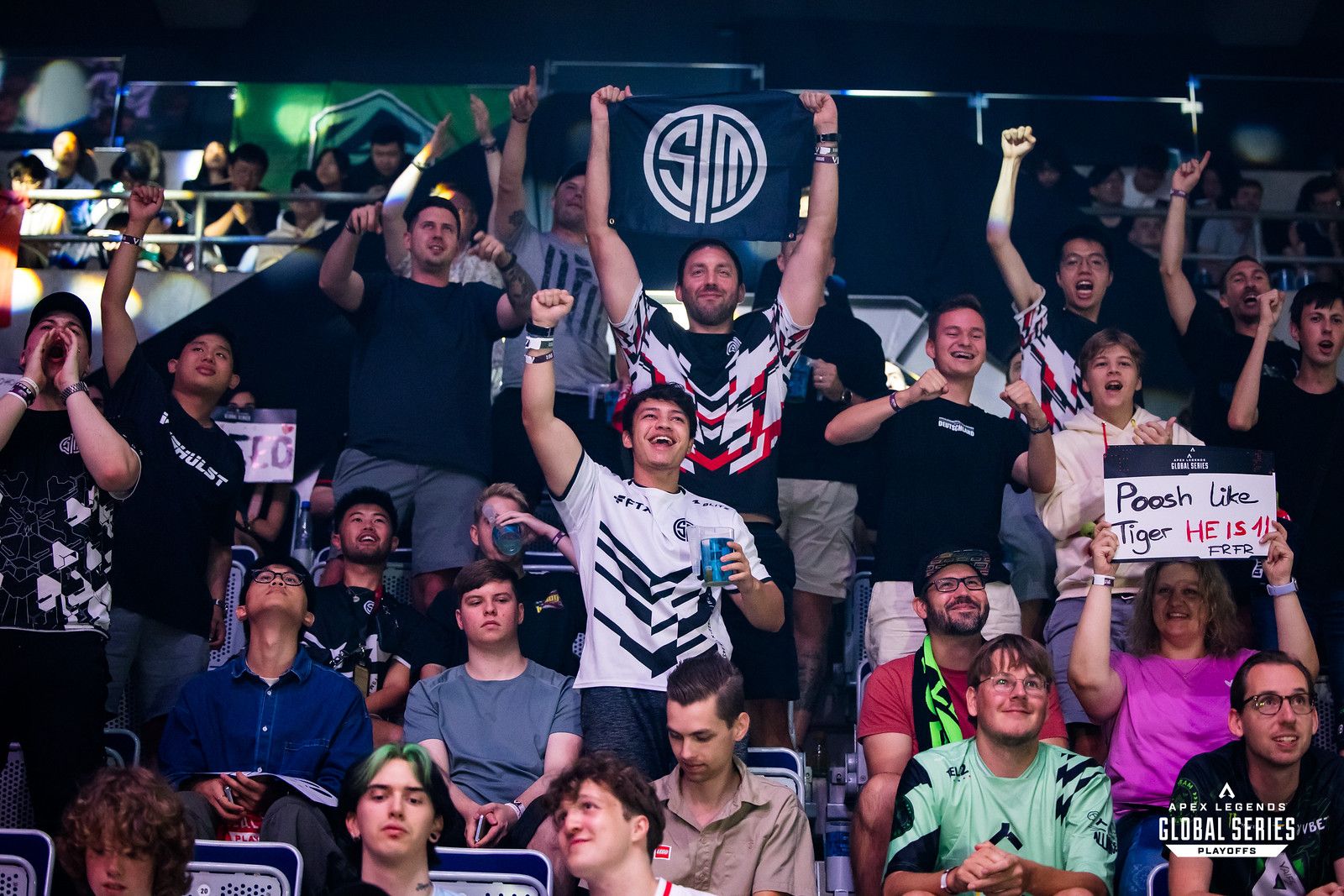
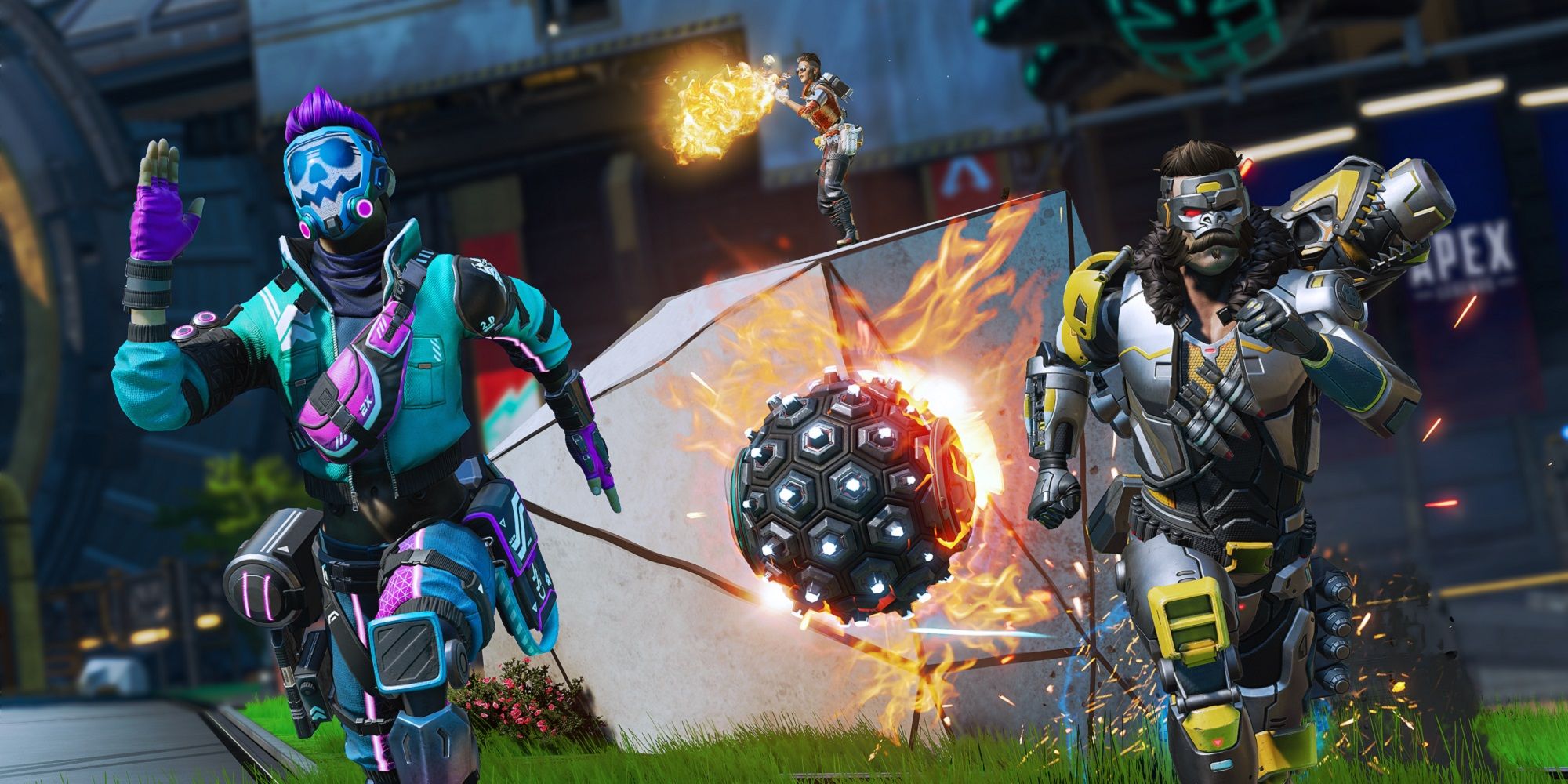

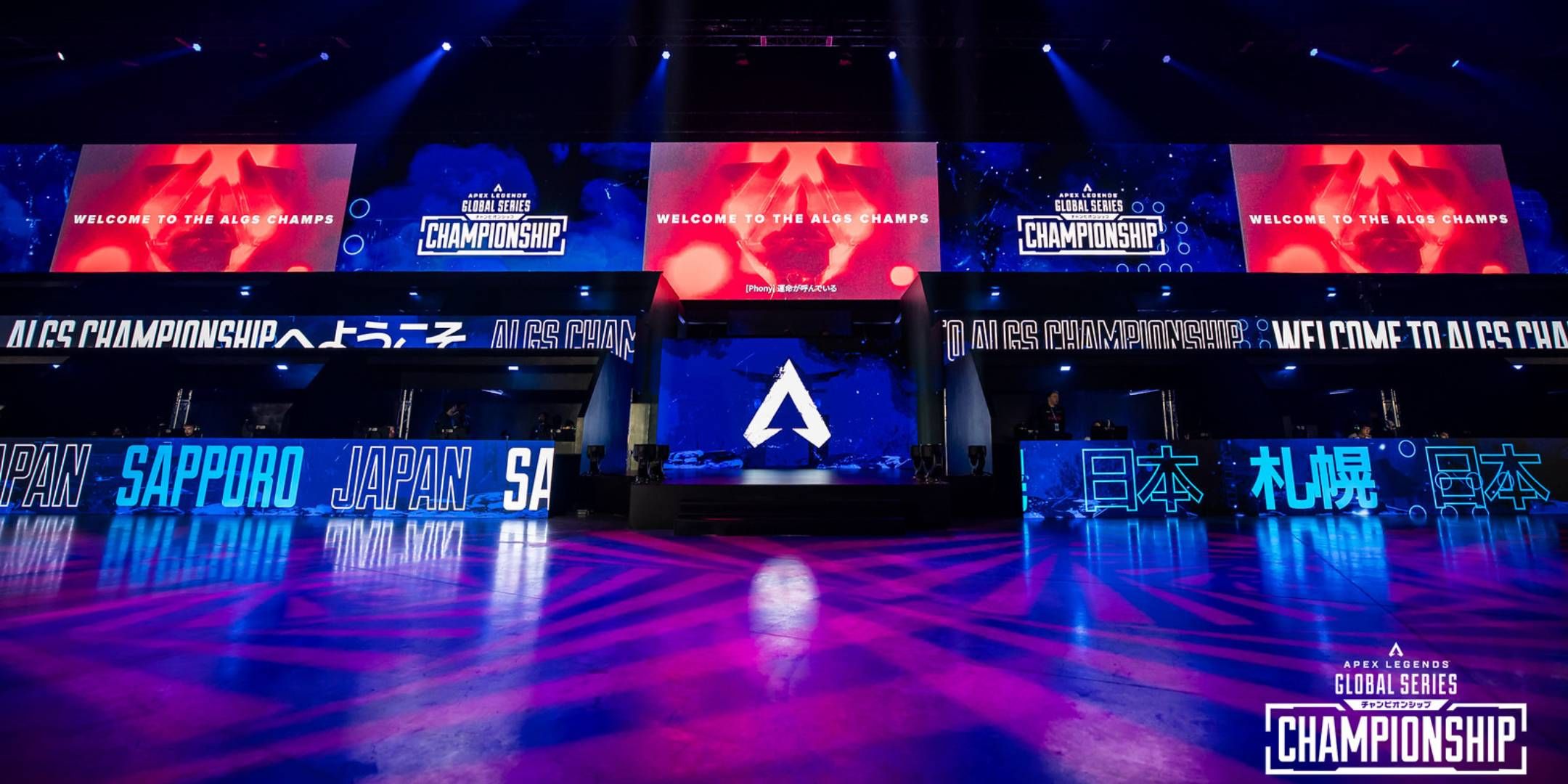
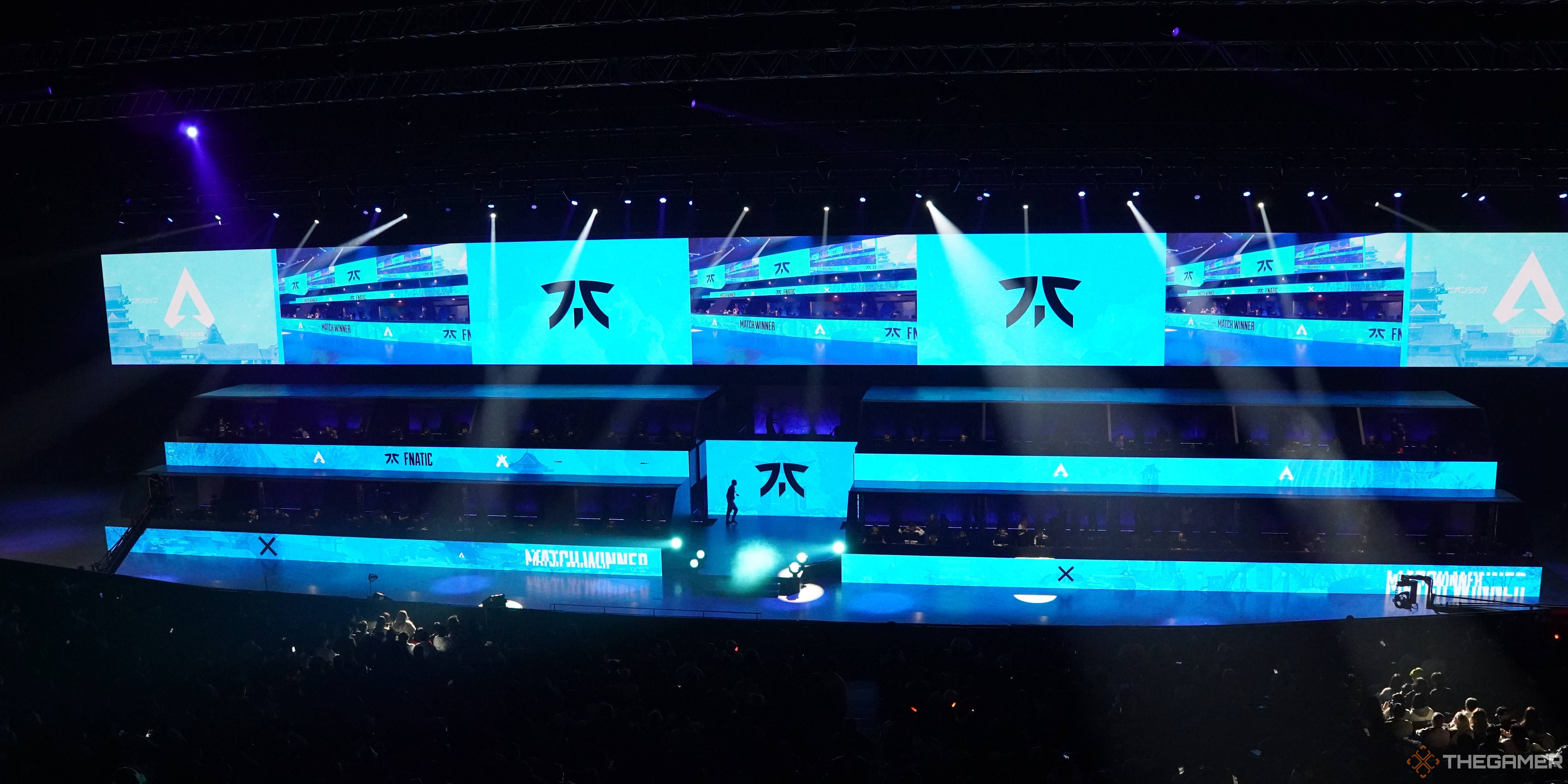
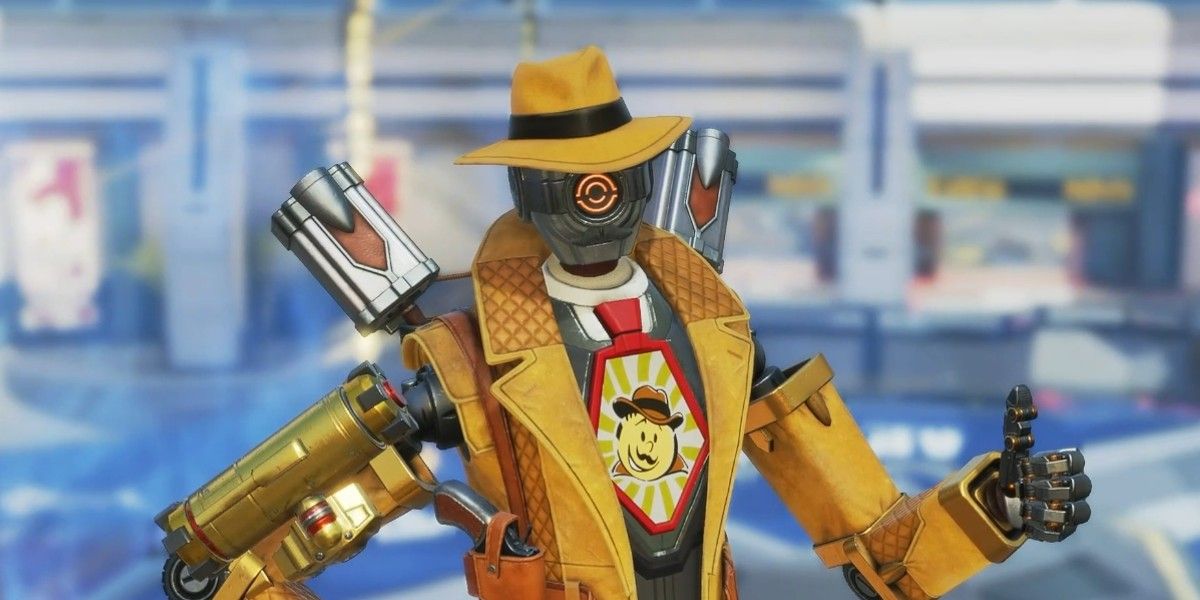









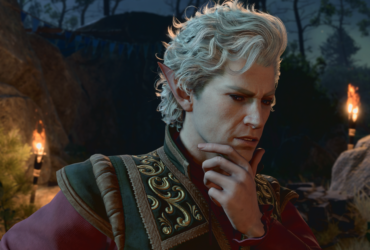
Leave a Reply